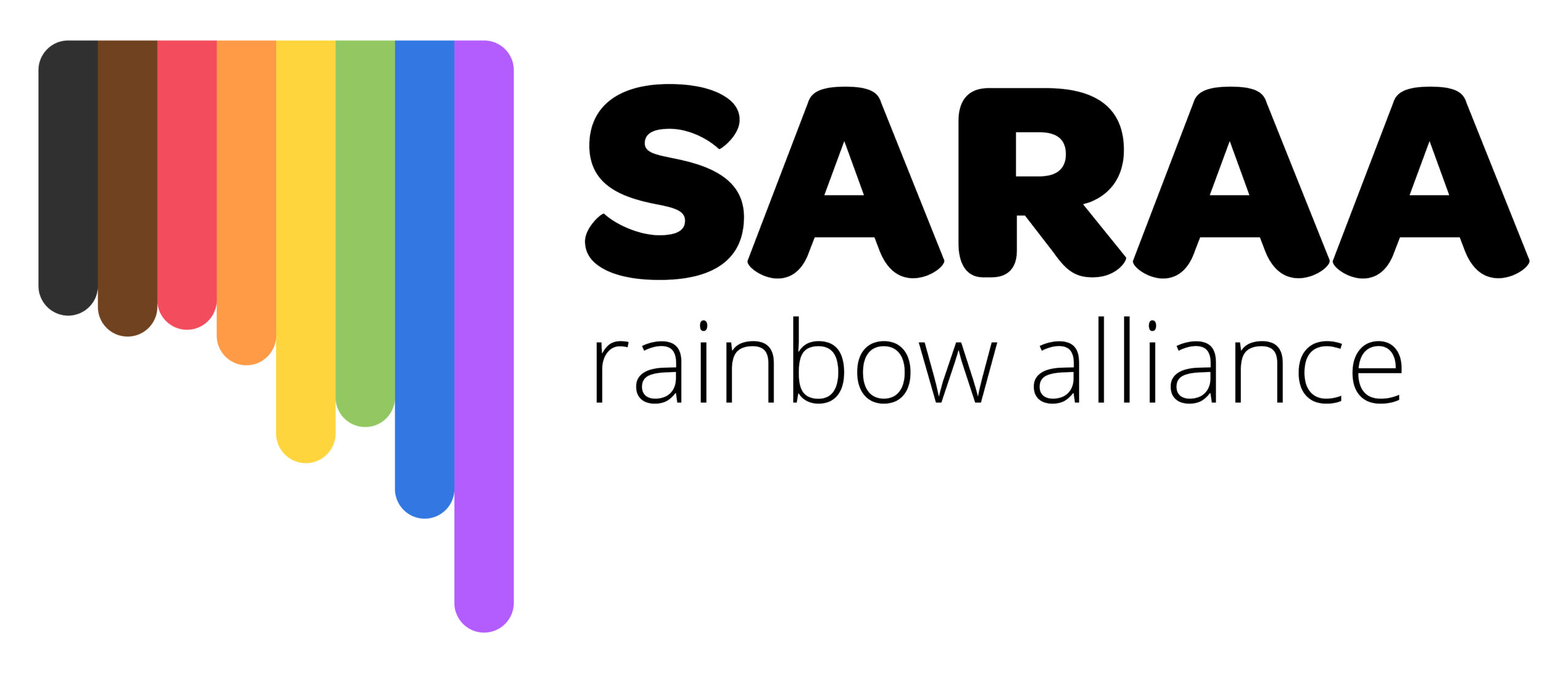Warning: This post contains discussion of homophobia, harassament and conversion practices. If you need help, contact QLife on 1800 184 527.
Today the Hon Ian Hunter MLC spoke in SA Parliament about harmful and dangerous conversion practices taking place in South Australia.
Ian shared the story of a survivor of conversion practices and called on Parliament to move in step with the other states and introduce a legislative ban on conversion practices.
Below is a transcript of the speech. Thank you Ian for once again speaking out for LGBTIQA+ communities!

CONVERSION PRACTICES
Hon Ian Hunter MLC to the Legislative Council on Wednesday, November 29, 2023
Today, I would like to speak about the insidious practice of conversion therapy, although it is only a therapy in name for the proponents of such practices, because it can only, I think, be best described as torture. I particularly want to speak about the experiences of an individual who came to see me in my office and related to me her experiences when she went through these conversion practices that were inflicted upon her. I will not use her name; I will call her Sam for today.
Conversion practices are of a particularly insidious nature. They are a real form of discrimination practice right around the country and here in South Australia. Other states like Victoria, the ACT and Queensland have already instituted some form of a ban, and Western Australia and Tasmania are exploring bans also. Conversion practices is the term given to those, as I said, insidious practices used to target and change an individual’s sexual and gender identity. They treat sexuality and gender as a sickness to be cured, as a mental condition to be corrected or as a curse to be lifted.
These practices are built on a belief that sexual orientation, gender identity or sexual expression should be changed or suppressed so that the person becomes heterosexual. The means by which conversion practices are conducted are varied. Some are done formally through counselling services, others—most, I suspect—are done informally through support groups, prayer groups and spiritual interventions, while residential camps are common as are home meetings.
Running through many of these practices is always a strong religious narrative and the key to this is disempowerment and isolation of the individual. They are the techniques that are practised upon the poor individual who is trying to be converted. These practices cause victims to feel shameful, depressed and anxious, and to sometimes take their lives.
Often it begins in childhood. The survivor I mentioned, who grew up in a religious Baptist household, told me that it began very early indeed. She said to me:
I was playing with another friend when my parents pulled me aside and isolated me. They said, ‘We need to talk to you about the way you’re acting. This is not what god intended’ and then they explained that it’s Adam and Eve, not Eve and Sarah.
I was left feeling confused. I felt like I had done something wrong. I felt I was going to hell. So from that moment onwards, I was always policing myself.
This occurred at the age of 4½. She was 4½ when religious and emotional abuse started in her life, and it did not end for a number of years. The same survivor goes on to describe how they were guided towards conversion formal practices. She said:
When I was 18 I was driving my car with my mum and I turned to her and I said, ‘I’m gay.’ She stopped the car and she said, ‘I will never accept you. Get out.’ I got out and she left me at the side of the road.
I told a friend of mine who went to the Christian school with me and she said she had heard of this place where one of her friends went. It was attached to a church.
The leader of this program was the wife of the pastor of the church. I thought it was a safe place. You weren’t allowed to engage with people outside. I wasn’t allowed to talk to my family.
Victims of this live-in program were made to disclose deeply personal information about themselves and their family background, discuss if they had experienced sexual abuse and were made to pray for forgiveness for the generational curses placed upon them or for letting demons into them because of their gender and sexual identity. She continued:
That program was really bad and actually left me completely traumatised.
When I came out of the program, I was still suicidal. I thought it was definitely over for me.
My sister asked me to come to her home prayer group and I said, ‘If it’s anything to do with god at this point, no.’ She said, ‘Oh, no, they’re really nice people, come in.’ I went in and these people said, ‘The god you know is not right.’
They prayed for me and they put their hands on me and I just cried and cried. They said, ‘We need to expel the demons of suicide, depression and anxiety.’
What I went through before was formal conversion practices. This is now in someone’s house and no-one is around [to police it].
Informal conversion practices isolate people. They rely on emotionally manipulating people and they use their internal networks to find their victims. We know this goes on in South Australia even now. We know that formal practices through registered therapists happen, even though their code of conduct prevents them from doing that.
At a later stage, I will come back to this story and explain to the council how registered psychologists and doctors prescribe scripture for their patient, rather than appropriate therapy or medicines. This is an insidious practice. It needs to stop. South Australia needs to move in step with the other states and ban this horrible practice of trying to turn someone straight when they are not and never will be.

